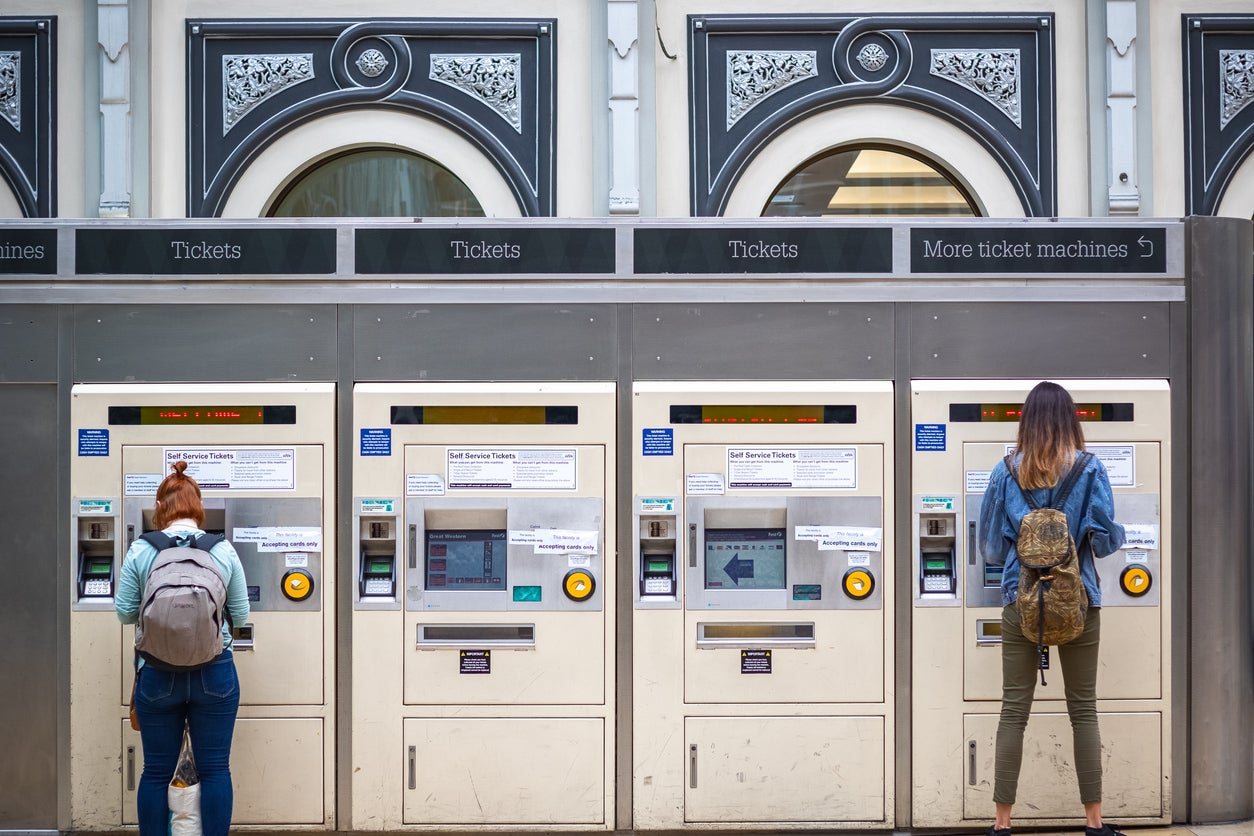Next rail fare hike will be below inflation rate, government promises
July’s Retail Price Index (RPI), which forms the basis for the next train fares increase, will be published on Wednesday

The next train fare increase will be lower than the rate of inflation, the UK government has promised.
The price hike, which traditionally takes effect in January each year, will also be delayed until March, with ministers citing the cost of living crisis as a reason.
“The Government is taking decisive action to reduce the impact inflation will have on rail fares during the cost-of-living crisis, and will not be increasing fares as much as the July RPI figure,” said a spokesperson from the Department for Transport (DfT).
“We are also again delaying the increase to March 2023, temporarily freezing fares for passengers to travel at a lower price for the entirety of January and February as we continue to take steps to help struggling households.”
Rail fares typically increase each year, with the rise only affecting regulated fares .
The amount of the increase is calculated using the previous July’s Retail Price Index (RPI), a measure of inflation published monthly by the Office for National Statistics.
July 2022’s RPI will be announced on Wednesday. June’s RPI was 11.8 per cent, which would add hundreds of pounds to any given season ticket price.
For comparison, the 2022 price hike, which was announced in December 2021 and came into effect in March 2022, was 3.8 per cent.
Paul Tuohy from the Campaign for Better Transport told the Daily Mail that even a small increase could price many commuters off the railways altogether, saying: “We urgently need a fares freeze for 2023.”
This week will see three days of industrial action on the UK’s railways, with only a small percentage of usual services running on both Thursday and Saturday.
Members of the RMT Union will walk out for 24 hours on Thursday 18 and Saturday 20 August, while on 19 August, a 24-hour Tube strike is expected to wipe out much of the London Underground network.
Transport workers are going on strike to protest what they say is a lack of job security, inadequate pay and poor working conditions.
On Saturday, members of the Aslef union working for nine separate rail operators also walked out, with disruption continuing into Sunday morning.
Join our commenting forum
Join thought-provoking conversations, follow other Independent readers and see their replies
Comments
Bookmark popover
Removed from bookmarks